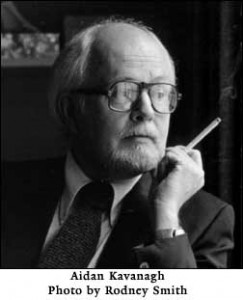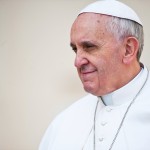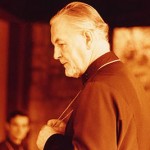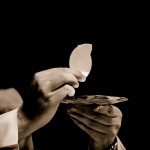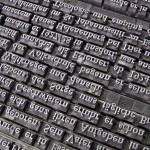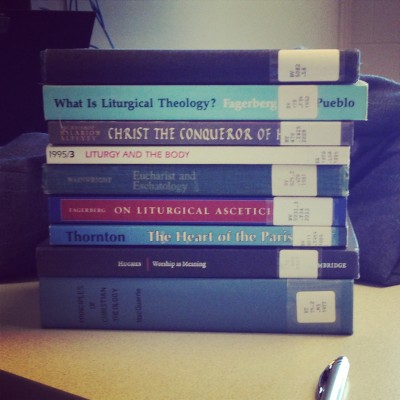Fr. Aidan Kavanagh was a professor at Notre Dame and Yale, a Benedictine monk, and one of the world’s leading scholars in liturgical studies and liturgical theology. Kavanagh died in 2006 at the age of 77 and a beautiful obituary published by Yale can be read here. Amongst many other accolades, he was the first Roman Catholic to serve as the Dean of Yale Divinity School (1989-1990) and his works have profoundly influenced my thinking and research.
Fr. Kavanagh is perhaps most known for his book, On Liturgical Theology, his vast and prolific writing corpus, and his research on the sacraments of initiation (Baptism, Confirmation, and Eucharist), liturgical studies, and a pioneer in liturgical theology alongside Fr. Alexander Schmemann.
Kavanagh moves from a general introduction to comments about the world in chapter 2. Without hesitation, he begins poetically:
“It is not possible to talk about Church without talking about World since Church exists in the World. World frames Church, and cosmology is the foundation on which ecclesiology rests.” Kavanagh, On Liturgical Theology, p. 23
Church and world are not isolated ideas to be understood in vacuums separated from one another. The Church exists in the world, and while it is not of the world it is utterly for the world. Cosmology and ecclesiology are intimately linked, intertwined beyond division, as Jesus’ crucifixion and resurrection had ramifications cosmically and ecclesiastically. Therefore, a proper understanding of the civitas Dei (City of God) necessitates an understanding of the civitas hominum (City of Man).
Kavanagh thus begins to sketch the development of world in political, social, and scientific terms. In a prophetic and insightful manner very common to his writing, Kavanagh describes the current state of the world in accurate and depressing language. He writes:
“If this [the belief that man has been thrown back upon himself] is true, it means that modern ‘secularism’ is not worldliness but unworldliness. Its icon is not a city, whether of man or God, but the lone runner jogging through suburbia in order, we are told, to feel good about himself.” OLT, p. 28.
A shift has been made from community toward self. The self is now the authoritative reality in the world. Democratic societies are built upon the principle that individual rights are the highest commodity and that they should be protected against any and all potential oppressors. Think of the language we hear commonly today: “That may be true for you, but it isn’t true for me,” or “He should just follow his heart and do whatever makes him happy.” These are silly examples but the point is still true: we have lost any sense of togetherness, of community and fellowship, of a reality broader than the “I” and it affects and shapes our view of the world, the other, and of God.
Kavanagh brings the chapter to satirical climax when describing the role of the State in this whole process. His thoughts have been echoed by writers like James K.A. Smith and William T. Cavanaugh in more recent years. Essentially, he argues that the self is now seen as a unit of consumption by the State.
“We create ourselves apart from it [the world-beyond-ourselves] and in spite of it. It exists for us to do with as we please, if we please. Business, protected by a State armed by Science, reduces the World to consumer units, which we may then purchase and enjoy and throw away.” OTL, p. 32-33.
There is hope, however. This hope is rooted in Genesis, Hebrews, and the Apocalypse according to Kavanagh. That is, there is hope because we are creatures of the Creator; there is hope because the Lamb was slain; there is hope because the Eschatological Banquet Table of the Slain Lamb calls to us, invites us, and urges us to join in and participate. Such hope will reframe our views of both World and Church because we serve a God who is a community and fellowship of 3-in-1 and who invites us to share in the koinonia life. God is for the World and God is the life of the Church, perhaps we should be for the World as the Church as well.

